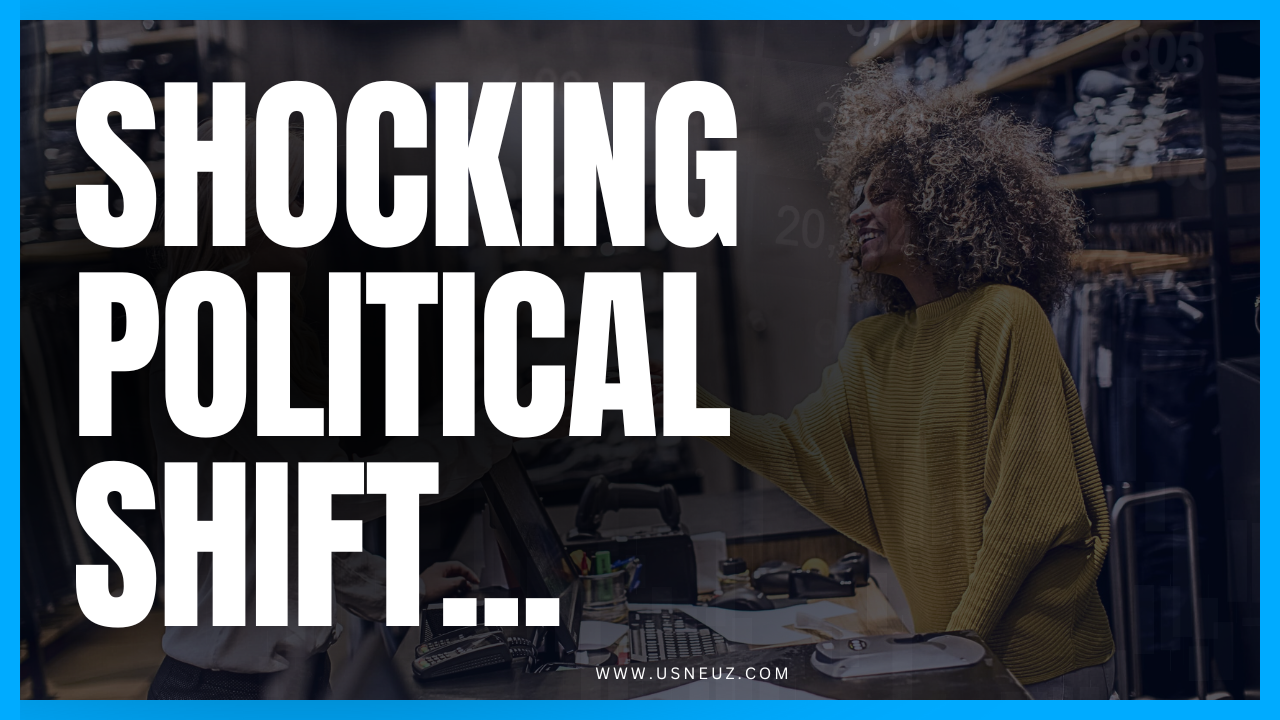
Aussie Confidence Surge: Shocking Political Shift?
Australian consumer confidence has experienced a robust upswing at the beginning of the new year, fueled by optimistic sentiments surrounding easing inflation and potential midyear reductions in mortgage interest rates. According to a joint survey conducted by the ANZ Bank and Roy Morgan, consumer confidence rose by three points over the past week, marking the third-largest January jump in the last 15 years.
ANZ Senior Economist Adelaide Timbrell noted that confidence levels, starting the year at their highest since late January 2023, reflect positive expectations in the wake of money markets anticipating a Reserve Bank of Australia interest rate cut as early as May. The survey, based on 1,511 interviews conducted online and over the phone, also revealed a 2.1-point increase in current economic conditions, reaching its highest level since May 2022, while future economic conditions rose by 4.9 points, hitting their highest mark since late January 2023.
One contributing factor to the surge in confidence is the perception of more stable interest rates, particularly among outright homeowners and indebted homeowners benefiting from rising housing prices. The four-week moving average for confidence increased by 2.1 points, with Timbrell predicting a further meaningful lift in consumer confidence as inflation continues to show signs of decline.
However, potential risks loom on the horizon. Weekly inflation expectations decreased slightly to 5.2%, and if fourth-quarter inflation data at the end of the month suggests an increase in the official cash rate by the Reserve Bank of Australia in February, it could pose a significant threat to confidence levels.
In the political arena, the latest Roy Morgan survey on federal voting intention has revealed a shift in dynamics. The Coalition has overtaken the Labor party, securing a 51% two-party preferred support (up 1%), while Labor stands at 49% (down 1%). The survey, based on 1,716 interviews from January 1-7, 2024, showcased notable changes in primary votes, with the Coalition rising to 39% (up 1%) and Labor experiencing a setback with a 3% decline to 29%.
The Greens saw a 1.5% increase to 13%, One Nation rose by 0.5% to 5%, and support for Independents & Other Parties remained unchanged at 14%. The data points to a challenging year for the Albanese government, with concerns over a cost-of-living crisis and a plunge in real per capita household disposable income.
As the political landscape evolves and economic conditions fluctuate, Australians are navigating a complex scenario. The upcoming release of further details in Roy Morgan’s weekly video update promises to provide additional insights into the factors shaping the nation’s sentiment and political preferences.
Australian consumer confidence has experienced a robust upswing at the beginning of the new year, fueled by optimistic sentiments surrounding easing inflation and potential midyear reductions in mortgage interest rates. According to a joint survey conducted by the ANZ Bank and Roy Morgan, consumer confidence rose by three points over the past week, marking the…
Australian consumer confidence has experienced a robust upswing at the beginning of the new year, fueled by optimistic sentiments surrounding easing inflation and potential midyear reductions in mortgage interest rates. According to a joint survey conducted by the ANZ Bank and Roy Morgan, consumer confidence rose by three points over the past week, marking the…